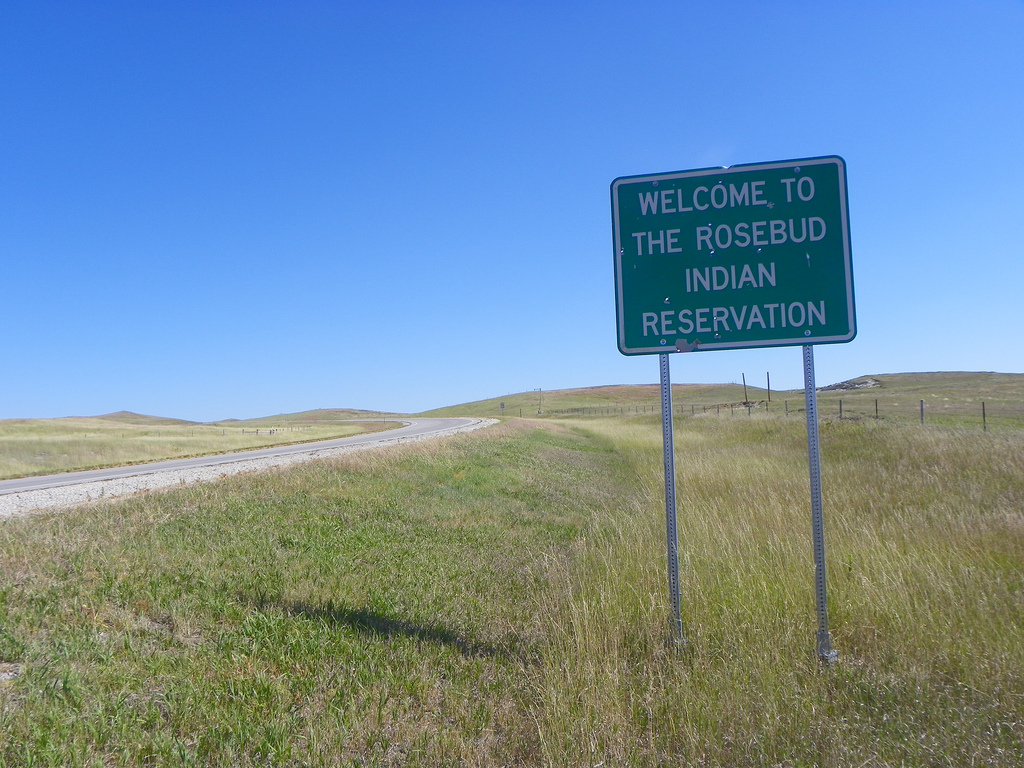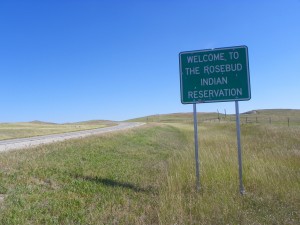By Erin Flynn
A few years ago faculty at Ohio Wesleyan held a meeting on dealing with disruptive students in the classroom. I was surprised. In my experience, OWU students were overwhelmingly respectful, even nice. I certainly didn’t have a problem with disruptive students, so I didn’t attend the meeting. Then I heard that of those who did attend, only two were white men, and those two were required to attend (because they were serving as deans). Evidently our students did not afford the same degree of respect and courtesy to my colleagues who were not white men. I was indignant, outraged that my colleagues should endure such disrespect, especially for those reasons, and even if from a decided minority of students. But I was also upset for another reason. I would have thought that the respect shown to me by my students had primarily to do with my own conduct—with the way I treated them. But now I had to confront the possibility that to some extent their respect was due to nothing more than my whiteness and maleness. (One should also add to this list my tallness, and other characteristics over which I have little if any control.) What credit at all did I deserve if my students’ respect was rooted in their (probably unconscious) deference to tall white men?
The above is a good, if relatively modest, example of what has come to be called white male privilege. The idea behind such forms of privilege is simple enough: some of us enjoy certain advantages (including the advantage of not having to deal with certain forms of bullshit) simply in virtue of belonging to particular social types, sometimes defined as “dominant” or simply the “norm.” Such types include: white, male, straight, and able-bodied. Those enjoying these advantages are often blind to them, since they don’t experience the world as someone who is not white, male, etc. Hence they tend to attribute the various benefits they enjoy entirely to what they do, to their own conduct, much as I attributed my students’ respect to my own respectful and respectable conduct. This concept of privilege is a valuable one. It promotes greater awareness of the struggles of those unlike ourselves, and so a clearer understanding of what particular things would have to change for ours to be a more just and fair society. It also affords a clearer picture of just what is to our credit and what is not. On the whole, the emergence of this particular tool for understanding and describing social reality is, I think, a good thing. Nevertheless, in what follows I would like to offer a brief critique of the concept, highlighting three shortcomings of our typical use of it.
First, there is a tendency in our use of the concept to presuppose a uniform experience of whiteness, maleness, etc. But the white male, like the average taxpayer, is an abstraction. No one is the white male. (Likewise, no one is the woman of color.) We are each of us particular, assemblies of various traits, histories, and social identities. These intersect in remarkably complex ways, making difficult the identification of the privilege enjoyed by actual individuals. This is not to say that there is no such privilege, only that there is never uniform experience or enjoyment of it. Likewise, one never finds oneself in the society. One finds oneself in particular social contexts, in which relations of power and privilege will be peculiar to that context, and which will therefore dramatically influence our social experience, depending on the traits, histories, and social identities that make us up.
No one would claim that the unemployed white man enjoys the same privilege as the gainfully employed white man. But I am further suggesting that the unemployed white man does not even have the same experience of white privilege or male privilege as that other man, though in an abstract sense both are white men. The social relationships of power and privilege are complex. Sometimes race transcends class, as when a wealthy African-American is profiled by police officers or when a poor white person receives more deference or respect in a commercial or professional setting. Very often, however, class transcends race, as when a poor white person has less access to quality education than a wealthy African-American person, or when a wealthy woman endures much less risk of violence than a poor man. Even the deployment of the critique of privilege may reproduce a pattern of injustice, as when a well-off person can cite as a disability what a poor working person must endure as a matter of course.
None of this should induce paralysis. We are attempting to do justice to our experience of the world, to shed light on patterns of unearned benefits and undeserved harms in our effort to advance the cause of a more just society, a society in which our freedom is increasingly real and increasingly shared. But to help in that attempt, the concept of privilege must be as true as possible to the richness, variety, and complexity of social life; otherwise it may narrow our vision, obscuring certain forms of injustice in deference to others and making mutual recognition less and not more likely. If our aim is to acknowledge and give voice to the experience of others, then we must not obscure this complexity, seeing them only as instances of social types. To do so would be to fail to see other individuals as real, which as Iris Murdoch suggests is perhaps the fundamental task of the ethical life.
Second, the concept is sometimes used in contexts in which “privilege” seems seriously inaccurate. When African-Americans endure brutal violations of their rights, for instance, we sometimes hear it cited as yet another example of white privilege. White people, after all, do not have to endure the same threat of violation. That is generally true, but think for a moment about what it means to label this white “privilege.” Do we really want to encourage ourselves and others to think of not having our basic rights violated as a privilege? I understand what people are driving at. It is the fact that I have a greater expectation that my rights will be respected that is the privilege. Perhaps so, but the true moral problem is not that privilege. It is rather the violation of the right. In this context, the notion of privilege seems to get things exactly the wrong way around. It identifies as a privilege what we should rather regard as a right. This curious fixation of the concept not on the deprivation or injustice, but rather on the “privilege” or advantage of the individual not enduring the injustice should give us pause. What would incline our attention in that direction?
This leads to my third and perhaps most important critique of the concept of privilege. There is a serious danger of the concept of privilege being or becoming what I would call, following Nietzsche, a ressentiment concept. The emotion of ressentiment is a curious, potentially toxic mix of resentment and envy, a desire to belittle what one regards as greater or more successful or powerful than oneself, often coupled with a desire to see that other harmed. A ressentiment concept expresses the frustrated and impotent anger of an oppressed class toward their oppressors. Often such a concept is used as a tool to scold or belittle a privileged or relatively more powerful group. When internalized by a member of the “privileged” group, it can express a kind of self-loathing, a curious desire to belittle oneself. To the extent that the concept of privilege functions this way, it is hardly laudable, having abandoned the commitment to principle that gives the concept its moral authority in the first place. It becomes just a way of lashing out and ridiculing, of feeling a sense of superiority which one does not experience as socially real, by demeaning or lowering the status of another. To the extent that the concept attempts to raise the status of some by belittling others, for instance by re-describing their successes as a product not of their own virtues but of structural, ill-begotten privileges, then we should be wary of using the concept and skeptical of its value.
None of this is to deny that there are historical patterns of unearned benefits and undeserved harms, nor that the suffering and frustration of living those patterns is real, worthy of expression and restitution. As I said above, the value of the concept of (white, male, etc.) privilege is that it may promote greater understanding of the struggles of those unlike ourselves. My criticisms are intended to point out ways in which that virtue may be betrayed by certain tendencies in our use of the concept, and so in which it may be ill-suited to the true mutual recognition, and so also a potentially poor basis of political response to those painful and all too familiar patterns of injustice.
Erin Flynn is an associate professor of philosophy at Ohio Wesleyan. He specializes in post-Kantian German philosophy and teaches courses in 19th and 20th century continental philosophy, philosophy of law, philosophy of science, critical thinking and international business ethics.



